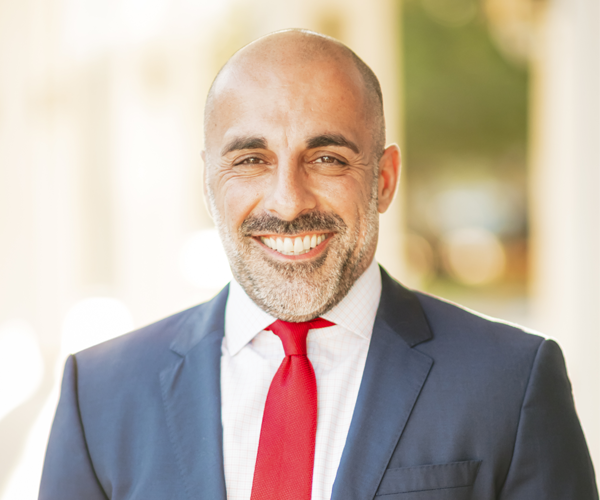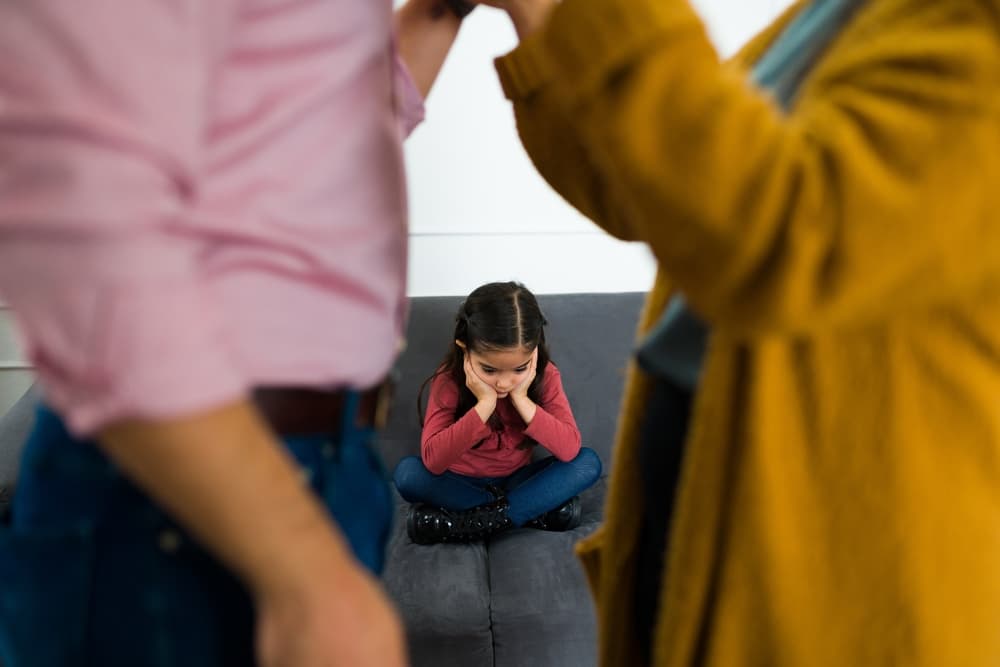November 15, 2023
When you share custody of your child, you may worry when their other parent has them. People take different approaches toward parenting and do not always agree on how to co-parent healthily. Some situations escalate and create a serious cause for concern over your child’s safety and well-being.
If you believe your ex is putting your child’s physical or mental health at risk, immediately discuss your options with a St. Petersburg child custody attorney. A lawyer can advise you whether you can take legal action and initiate a custody case when necessary.
Schedule a Free Initial Consultation
Consider Your Ex’s Conduct
Parents can do many things that harm their children.
Some concerning conduct includes:
- Verbal and emotional abuse
- Physical abuse
- Sexual abuse
- Exposure to inappropriate sexual activity
- Exposure to serious substance abuse
- Neglect of the child’s basic needs
- Allowing the child to be in harm’s way
Parents sometimes blow questionable conduct out of proportion. For example, there is a big difference between your ex having a few beers while watching sports at home with your child and driving drunk with your child in the car.
While you might object to drinking in front of your child, such conduct by your ex is not necessarily risky or harmful.
On the other hand, driving with your child under the influence of alcohol or drugs puts your child at extreme risk of life-changing harm.
A lawyer can identify the level of concern you might have and the appropriate legal action.
Report Abuse to the Authorities
Physical and sexual abuse are serious crimes that can cause injure your child. If you believe or have proof that your ex assaulted your child in any manner, report the abuse to the proper authorities in your area.
Then, you should immediately consult a child custody lawyer about your next steps. If necessary, they can file for a protective order for your child to keep them safe from further harm. This order can prevent the other parent from seeing or contacting the child and give you temporary sole custody.
Reporting the matter to the police can result in an arrest and criminal charges against your ex. If your ex is guilty of any type of child abuse, it can serve as critical evidence if you seek permanent sole custody. Your attorney can handle this often unimaginable situation for you to protect your child.
Gather and Maintain Evidence

Isolated incidents of concerning conduct might not give the judge what they need to modify your custody agreement. You may need evidence showing a pattern of risky behavior or one highly egregious incident.
Evidence that might help your case includes:
- Statements from your child regarding your ex’s behavior
- Statements from others who witness harmful conduct, such as family or neighbors
- Changes in your child’s demeanor, personality, or school performance
- Depression, anxiety, or other mental health diagnoses of your child stemming from their home life with your ex
- Medical records showing harm to the child’s body
- Psychologist or counselor records showing the child reported harmful conduct
- Criminal records showing abuse or neglect convictions
Your lawyer can gather evidence to support your claims, but you should also preserve as much as possible to help build your case, should you bring one before the court.
Seeking Sole Custody to Protect a Child at Risk
When your child’s safety is at stake, you may need to seek sole custody.
Here’s a look at the process:
- Documenting concerns: Gather concrete evidence of the risks your child faces. This may include police reports, medical records, photographs, or witness testimony.
- Consulting an attorney: Engage a family law attorney experienced in child endangerment cases. They’ll guide you through the legal process, ensuring your actions align with the best interests of the child.
- Filing a petition: Your attorney will file a petition for sole custody, outlining the reasons and providing supporting evidence. The court will review the case and schedule a hearing.
- Temporary orders: If your child’s safety demands immediate action, your attorney can request temporary orders that grant you temporary sole custody until the final decision.
- Child custody evaluation: The court may appoint a neutral third party, such as a custody evaluator, to assess both parents’ fitness and recommend custody arrangements.
- Guardian ad litem: In some cases, the court might appoint a guardian ad litem to represent the child’s best interests, conducting independent investigations and advocating for their safety.
- Court hearing: Your lawyer will present your case during the court hearing, clearly articulating the risks the child faces and providing supporting evidence. Your lawyer can respond to any counter-arguments from the other parent.
- Supervised visitation: If the court grants the other parent visitation rights, request supervision to ensure the child’s safety during interactions.
- Child’s input: Depending on their age and maturity, the child’s preferences can factor into the decision.
- Ongoing monitoring and modification: Courts may periodically review the custody arrangement to ensure the child’s continued safety. If circumstances change, you can modify custody orders.
- Safety measures: If the court grants visitation rights to the other parent, request appropriate safety measures, such as supervised visits, exchanges in neutral locations, or even supervised phone calls.
- Child counseling and support: Consider involving a therapist or counselor to help the child process their experiences and emotions, providing them with a safe space to express themselves.
In cases where a child’s well-being is at risk, you can seek sole custody to ensure their safety and protection. Work closely with a knowledgeable family law attorney and provide strong, documented evidence for a successful outcome. The court’s primary concern is the child’s welfare, and they will weigh all evidence carefully before deciding.

Never Wait to Seek Help from a Child Custody Attorney
If you fear for your child’s safety, immediately contact a St. Petersburg family law attorney. The right lawyer will know how to identify options and handle any necessary parenting cases in family court.


